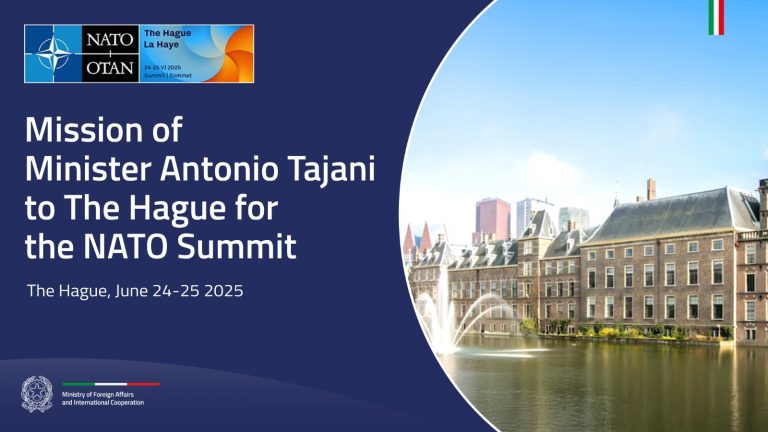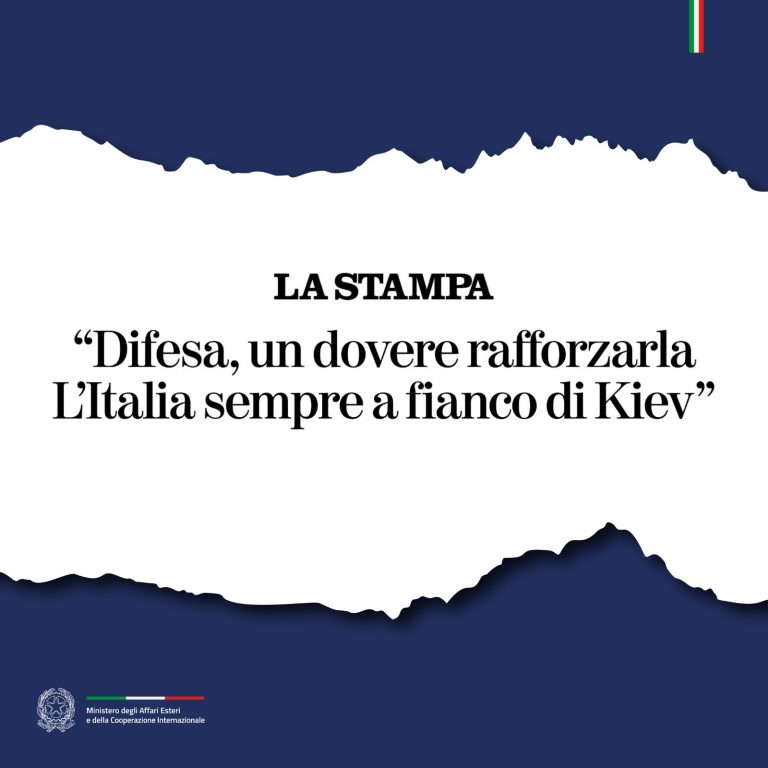Italy returns to the presidency of the Geneva Disarmament Conference, after a hiatus of nearly 11 years, in the person of Italian Permanent Representative to the Conference Amabssador Vinicio Mati, who took up the post on Tuesday 18 February. The Conference is the primary multilateral forum available to the international community for negotiations on matters of disarmament.
65 Member States
Established in 1979 following a UN General Assembly resolution, the Geneva Disarmament Conference was heir to the initial UN disarmament committees that began to be set up in 1952 (amongst which the Committee of 18 created in 1962, and the Conference on Disarmament Committee created in 1969), and in which Italy has always taken part. Today’s Conference is made up of 65 Member States, which include the 5 permanent members of the UN Security Council in possession of nuclear weapons, and the main protagonists weapons control and non-proliferation, as well as 25 Observer Countries. Among the main achievements of the Geneva Conference in its various configurations, are the Non-Proliferation Treaty, the Convention on the Ban Against Biological Weapons, the Convention on the Prohibition against Chemical Weapons and the Comprehensive Nuclear Test Ban Treaty.
Italy’s goal to revive Conference role
The Italian presidency’s goal will be to revive the Conference’s role, in keeping with the hopes expressed by UN Secretary General Ban Ki-moon in his speech at the opening of the 2014 session, after the difficulties of recent years, bringing Member States back to the negotiating table by means of the approval of a work agenda that includes all the Conference’s main concerns: nuclear disarmament; a treaty banning the production of fissile material for military purposes; prevention of the arms race in extra-atmospheric space; and the adoption of effective international measures to protect States not in possession of nuclear weapons from nuclear threats.
To that end, among the initial measures to be proposed by new Italian President of the Conference Ambassador Vinicio Mati, are renewal of the mandate of the informal work group tasked with drafting a future work agenda and a calendar of activities for 2014 through a structured dialogue among Member States aimed at formulating a concrete framework within which to launch future negotiations.



